By Julie Topf
From February 5-7, 2023, SDSN had the opportunity to attend the 2023 Higher Education Climate Leadership Summit, the premier annual gathering of higher education leaders committed to addressing inequality and the climate crisis in the U.S. The Summit, co-hosted by Second Nature and the Intentional Endowments Network, provided a forum for participants to engage in various dialogues and action planning sessions that focused on furthering college and university climate, equity, and sustainability goals; updating commitments; engaging institutional leadership; and advancing implementation across campuses.
The Summit brought together College/University Presidents and Trustees; Higher Education/Foundation Chief Investment Officers; Sustainability Directors and Managers, Implementation Liaisons, Sustainability Office Staff; Diversity, Equity, and Inclusion Staff, Community Engagement Office Staff; Endowment Investment Committee Members, Investment Consultants, Asset Managers; and Climate Solution Providers from the academic and private sectors. The conference addressed several key themes around equity and climate action in higher education, including: intentionally designed investments and net zero portfolios, diversity in leadership and asset management, climate justice and communication, accelerating climate action decision-making across teams, and more.
Highlights from the Summit include:
Diverse roles across departments within institutions must be aligned according to their respective strengths and mandated to collaborate in order to implement and create opportunities for climate action.
College/University sustainability and climate action plans should be directly linked to an institution’s mission, the President’s vision, and/or campus master plans, so that sustainability and climate projects can serve as a lever to further advance other institutional priorities.
Colleges/Universities should create the institutional structures needed to integrate sustainability into both top-down and bottom-up decision-making, so that climate action is adequately accounted for in the face of competing priorities, such as optimizing the student experience and addressing aging infrastructure and equipment. This can be accomplished, for example, through the establishment of sustainability/ESG subcommittees in departments and the Board of Trustees itself, while also inviting students to fully participate in these committees.
Colleges/Universities should adopt a “communiversity model” that centers equity and ensures partnerships with local communities are reciprocal rather than extractive, thus helping to advance decarbonization and climate justice in ways that are co-beneficial.
To catalyze movement of capital to diverse managers, asset owners and allocators need to take a multi-pronged approach, including looking at asset management firm’s diversity in ownership and leadership and investing assets with diverse founders.
As college and university enrollment in the U.S. continues to decline, albeit at a slowing pace, higher education institutions should take this opportunity to focus their programming on producing the sustainability professionals the job market demands in order to encourage prospective students to enroll. This can be accomplished, for example, by allowing students to directly participate in campus decarbonization projects under the guidance of department staff, so that they build real-word experience and desired transferable skills.
Prospective students are also increasingly considering environmental sustainability in their college/university enrollment decisions, further demonstrating the need for institutions to center sustainability and climate action in their efforts.
The Summit’s panel discussions were also complemented by “Next Level Conversations,” short, participatory roundtable discussions hosted by experts sharing their knowledge and experience around college and university climate action. In this format, the SDSN Climate & Energy team shared two projects that provide higher education institutions with the knowledge and tools they need to advance decarbonization on their campuses (via the Net Zero on Campus Initiative) and beyond (via the Regional Decarbonization Framework Initiative). The Net Zero on Campus Initiative––a collaboration between SDSN, the Climateworks Centre, and Monash University, in partnership with Second Nature and the EAUC (The Alliance for Sustainability Leadership in Education)––consists of a guide and accompanying online toolkit that will be shared during an upcoming event organized around Earth Day April 2023 (more details to come). The Regional Decarbonization Framework Initiative––a collaboration between SDSN, the University of California San Diego, San Diego County, and other expert partners––consists of a technical report and accompanying guide that support the creation of university-led science-based pathways to net zero in jurisdictions across the U.S. and globally.
The SDSN Climate & Energy team invites colleges and universities to join the Net Zero on Campus community of practice and to use the Guide to Regional Decarbonization to advance decarbonization efforts both within and beyond their campuses. The team looks forward to new collaborations to keep supporting SDSN members on their net zero journeys around the world. For more information, please contact info@unsdsn.org.

